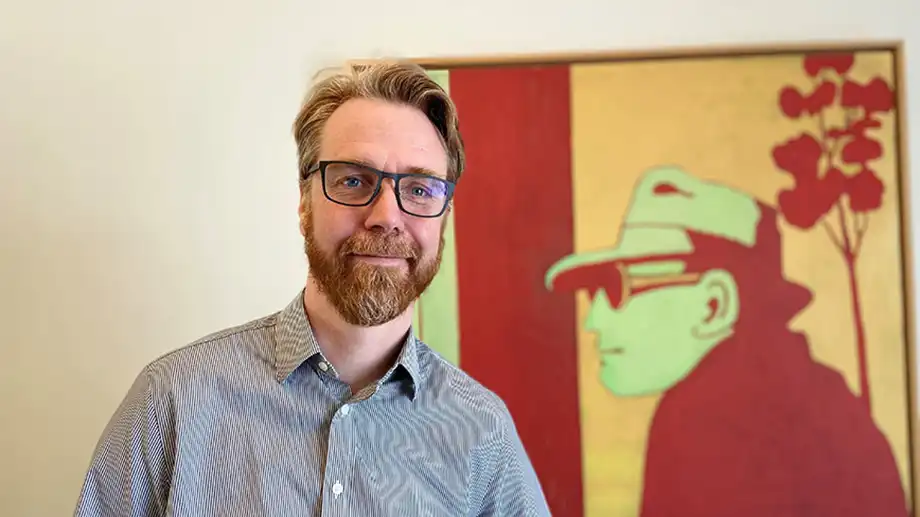Many applicants for CBH's new programmes

This year's admissions to the new Master's programme in Data-driven health and to KTH's new foundation year programmes at municipal learning centres are now complete. All of them are run by CBH and there has been a large number of applicants.
"It is great that it seems to be a good start. We have 45 good applicants. There was competition and there are reserves," says Per Dalhammar, Educational administration manager at CBH.
The Data-driven Health Master's programme will start for the first time this autumn at KTH Flemingsberg. Students will learn how to process the large amounts of data generated in the field of healthcare, as well as in other parts of society. This can be anything from patient data to data from apps, activity bracelets and motion monitors.
‘Emerging industry’
"It's an emerging industry because there's a lot of data being generated from all kinds of sources. Students need to be good programmers, but also understand legal and ethical positions," Dalhammar says.
378 people from all over the world applied for the programme, 137 of whom had it as their first choice. On 27 March, 49 people were accepted, of which 45 remain at the time of writing. Of these, 25 are from the EU and the rest are non-European, which is considered a good spread.
"We hope to have a first class of 25 students in the first round. Sometimes students get a different offer, so we won't know until the last day before the programme starts how many they will actually be. We have not yet had time to establish and market the programme, so it's great that we seem to be succeeding in our ambition to get a whole class together," Dalhammar says.
Popular new foundation year
Other new courses starting under CBH auspices this autumn are the new foundation year courses run in collaboration with municipal learning centres in Södertälje, Nynäshamn and Norrtälje. Following the closure of the KTH campus in Södertälje, CBH is now responsible for all foundation year education at KTH.
"The aim for these municipalities is to offer an easier way for their young people to take part in this foundation year education. ‘The learning centres are part of the municipal Komvux, and the foundation year programme is at upper secondary level," Dalhammar says.
There was also a large number of applicants for these programmes. In Norrtälje, 379 people applied for the 16 places on the foundation year programme, in Nynäshamn 381 people applied for 20 places and in Södertälje there were 895 applicants for 36 places. The number of first-choice applicants was also high, with Södertälje standing out with 91 first-choice applicants.
"The foundation years are very popular, but if we look at the number of places, these are probably even more popular,’" says Per Dalhammar.
Most applicants locally
Most of the applicants come from the local area, which makes it easier to successfully complete the programme. The programme is taught digitally in a classroom, with remote teaching from Flemingsberg. There will be technical and some pedagogical support on site, and the students will also travel to Flemingsberg to carry out laboratory work in physics and chemistry.
"There has been some concern that a lot of people from Täby, for example, are looking for Södertälje, because then they drop out and we don't want that. The idea is to make it easier for young people in these areas to get in and take advantage of these courses, and that has succeeded," Dalhammar says.
Text: Sabina Fabrizi
